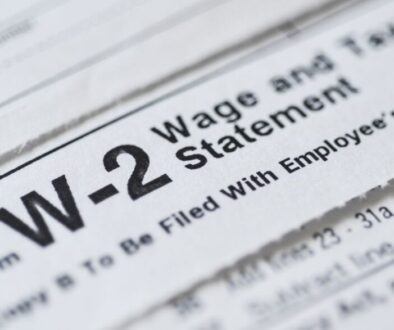HSA vs FSA vs HRA: Which Health Account Saves You the Most?
Table of Contents
HSA vs FSA vs HRA: Which Health Account Saves You the Most?
Healthcare costs can be unpredictable—and expensive. That’s where tax-advantaged health accounts come in. Whether it’s a Health Savings Account (HSA), a Flexible Spending Account (FSA), or a Health Reimbursement Arrangement (HRA), each option gives you a way to set aside money for medical expenses while reducing your tax bill.
But how do you know which one is right for you? Let’s break down the essentials so you can confidently choose the account that matches your needs.
What Are HSAs, FSAs, and HRAs
Health Savings Accounts (HSAs)
Think of HSAs as a personal health piggy bank with supercharged tax benefits. If you’re enrolled in a high-deductible health plan (HDHP), you can contribute pre-tax dollars, invest them, and use them later for qualified medical expenses—all tax-free. Even better, the money is yours to keep forever, no matter where you work.
Flexible Spending Accounts (FSAs)
FSAs are employer-sponsored and let you set aside pre-tax money for healthcare costs like doctor visits, prescriptions, and even dependent care (if offered). The catch? FSAs come with the “use-it-or-lose-it” rule—most funds must be spent by year’s end (though some plans allow limited carryovers or a short grace period).
Health Reimbursement Arrangements (HRAs)
HRAs are fully funded by your employer. They reimburse you for eligible medical expenses, which may include insurance premiums, co-pays, or prescriptions. You don’t contribute, and the rules—like how much you get and what counts as an expense—are decided by your employer.
Key Differences at a Glance
- Ownership & Portability
- HSA: You own it. Portable, rolls over indefinitely.
- FSA: Employer-owned. Use-it-or-lose-it risk.
- HRA: Employer-owned. Funds usually stay behind if you leave.
- Contribution Limits (2025)
- HSA: $4,300 (individual), $8,550 (family), +$1,000 catch-up if 55+
- FSA: $3,300 per employee
- HRA: No IRS limit—employer decides
- Tax Benefits
- HSA: Triple tax advantage—deductible contributions, tax-free growth, tax-free withdrawals
- FSA: Reduces taxable income but no growth potential
- HRA: Employer contributions aren’t taxed, but employees don’t get a deduction
Rollover Rules
- HSA: Unlimited rollover, year after year.
- FSA: Use-it-or-lose-it, with possible $660 carryover or grace period.
- HRA: Depends on employer policy—may or may not roll over.
Choosing the Right Account
- Go HSA if you have an HDHP and want maximum flexibility, long-term savings, and investment growth.
- Go FSA if you expect regular, predictable medical costs and want to lower taxable income.
- Go HRA if your employer provides one—it’s free money, even with restrictions.
Pro Tip: Sometimes you can combine accounts (like pairing an HSA with a limited-purpose FSA for dental/vision) to maximize savings.
Final Word
Healthcare costs aren’t going down anytime soon—but with the right account, you can keep more money in your pocket and prepare for both expected and surprise expenses. Understanding the trade-offs between HSAs, FSAs, and HRAs puts you in control of your healthcare dollars—and your tax savings.




